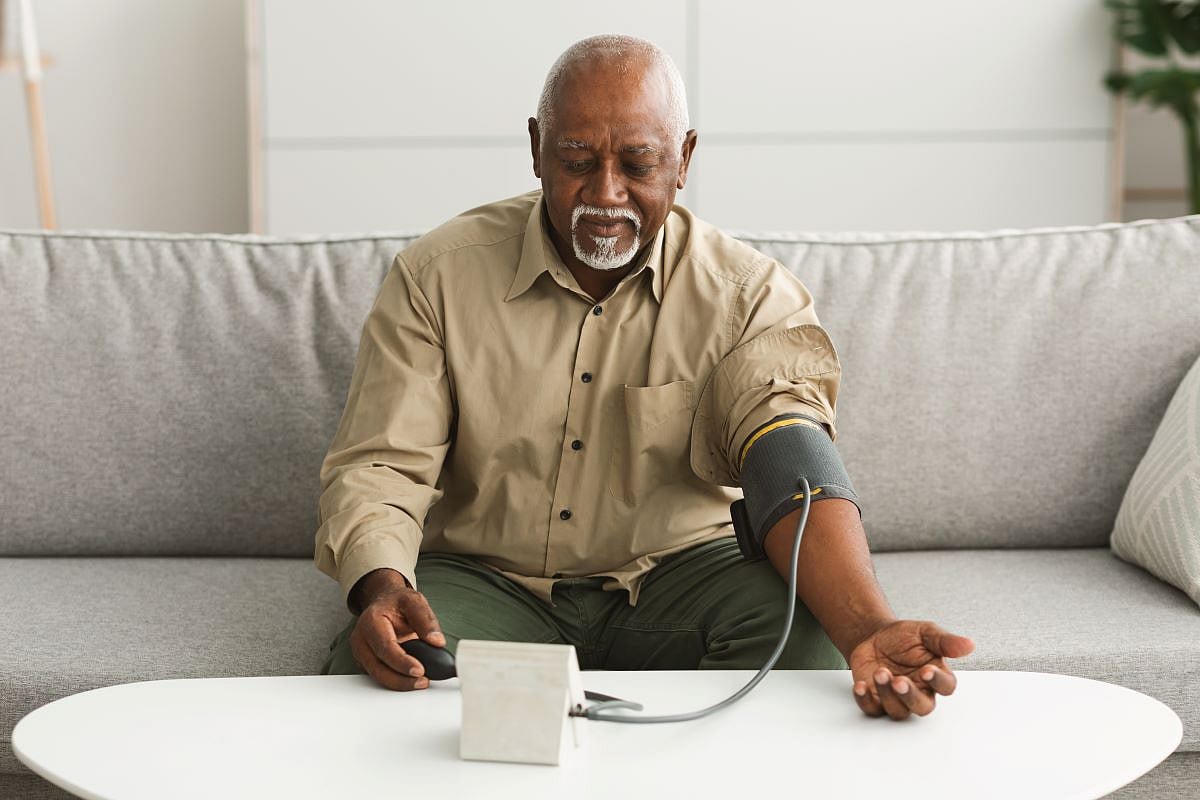
Got milk? It turns out, plain cow’s milk, water and a bit of veggie juice are still the best drink choices for kids and teens. That’s the consensus of experts who recently issued healthy beverage recommendations for kids and teens aged 5 to 18. The expert panel — convened by Healthy Eating Research, a national… read on > read on >


















.jpg)